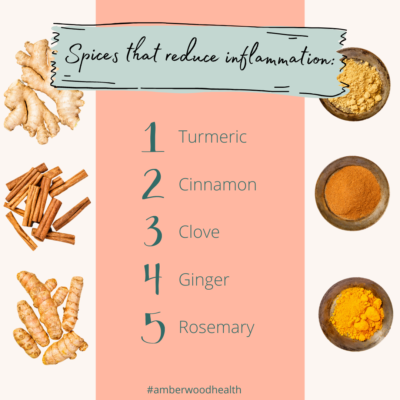Understanding Cortisol & Adrenal Fatigue

Adrenal Fatigue & the HPA Axis
The term HPA axis (hypothalamus, pituitary, adrenal) dysfunction is the medical term for what is commonly called adrenal fatigue. There is complex interdependence between the brain, glands and cells that make the stress response function. In most cases adrenal fatigue has nothing to do with low output of hormones by the adrenals. High cortisol is often what causes symptoms associated with adrenal fatigue.
Cortisol Helps Us
Cortisol has an impact on inflammatory response, thyroid function, glucose levels and the list goes on. Early life events and how our parents regulate cortisol, sets our HPA axis and cortisol regulation. Adapting our stress response is possible at any age. Research on neuroplasticity and meditation confirms this.
Cortisol has a daily rhythm that helps us with sleep cycles, energy levels, mood and pain. Chronically elevated cortisol is not ideal and stress management, regular eating habits and social contact all play a role in regulation this important stress hormone.
Causes of Low Cortisol
Cortisol can be low when the pituitary gland’s output is low. Receptor sensitivity can cause cortisol signalling to be disrupted. Reduced bioavailability happens at the tissue level when cellular transcription or binding globulins aren’t doing their job. We also shunt cortisol into its inactive form, cortisone. The HPA axis is much more nuanced than the concept of adrenal fatigue lets on.
Research and Testing
Much of the research on cortisol is done using saliva tests which only show free circulating cortisol. Free cortisol levels can be very different, even opposite from total cortisol. Improper treatment can easily result. Looking at both of these markers can lead to early detection of thyroid issues, blood sugar problems and leptin resistance. Chronic high stress contributes to every modern disease although conventional medicine still doesn’t always recognize this.
Debunking the Pregnenolone Steal
DHEA is an important steroid hormone. There is a common misconception that cortisol can ‘steal’ from DHEA’s precursor pregnenolone. Physiologically this is impossible. Pregnenolone and DHEA are produced in different tissues. Additionally cortisol is regulated outside of the adrenals. Location and function debunk the myth of the pregnenolone steal. Supplementing pregnenolone has no effect on DHEA.
Three ways of looking at Cortisol:
1. Total cortisol low or high? Prolonged stress, insulin resistance, gut issues or thyroid issues are all factors.
2. Disrupted diurnal rhythm? Bright light exposure regulates our circadian rhythm.
3. Impaired cortisol metabolism? Clearance of cortisol can point to other issues like liver or thyroid involvement.
Evolutionary medicine reminds us that humans are really good at adapting to our environment. Enjoy positive stress that moves your life forward. Keep other stresses in check. Notice when to back off. This is a skill that requires constant refinement.
Stress is by far the number one factor influencing health today. The HPA axis is what allows us to regulate stress appropriately. We all have times when stress becomes too much. Knowing which tools to engage and how to recover is key to resiliency.
Related Posts
 How Stress Kills: Social Determinants of Health
How Stress Kills: Social Determinants of Health





